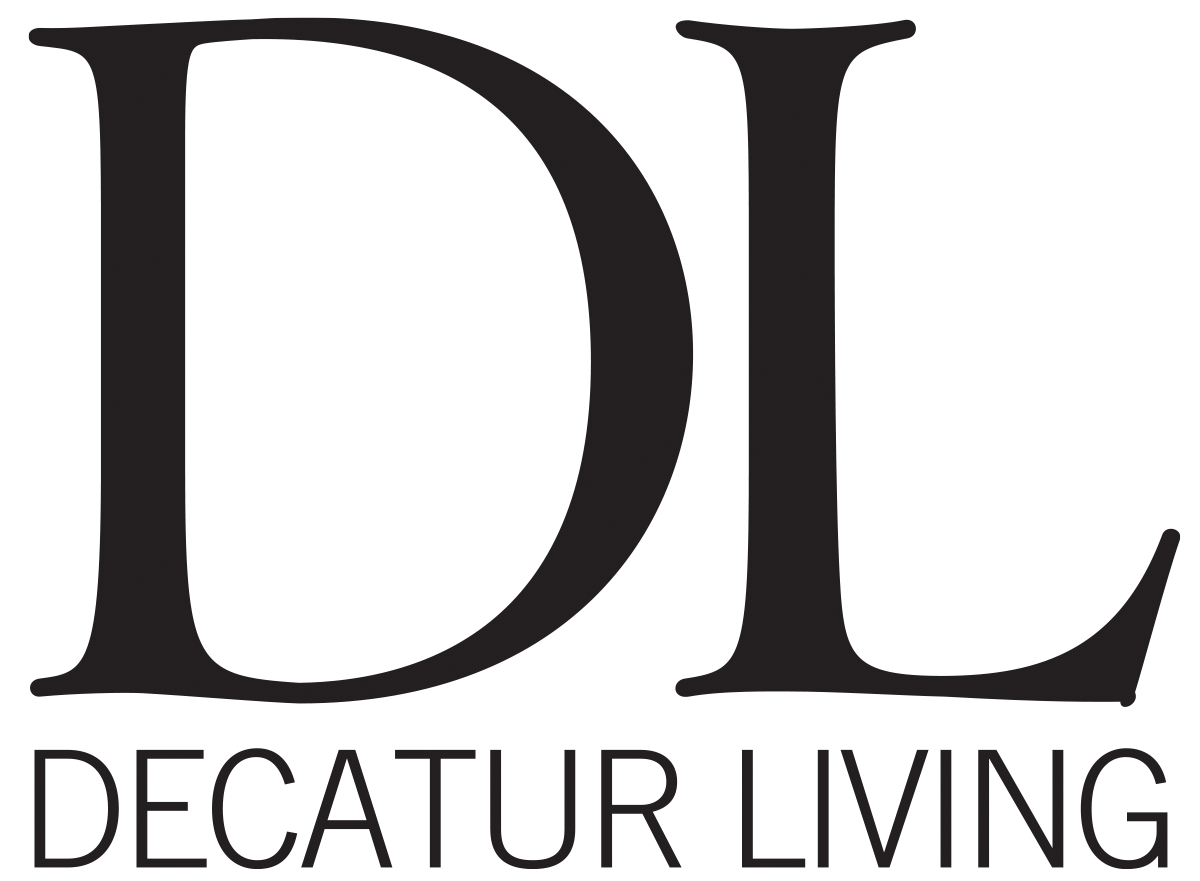Why Julie Bee believes you can be whatever you want to be

A single moment can change your life. In Julie Bee’s moment, in between a flurry of days and nights that forced her mind to spin uncontrollably, she broke. It was Aug. 21. In a time when the summers were admittedly slow for Bee and the agency she ran at the time, BeeSmart Social Media, Bee felt trapped under the pressure.
In the throes of a global pandemic, everything hit all at once. While the once in a lifetime event didn’t come with a playbook, her clients wanted advice on how to use the pandemic to their advantage. The world had changed overnight and the ramifications were turning everything upside down.
On that August night, Bee remembers waking up with a 130 pulse, a blood pressure reading of 156/110 and that she couldn’t breathe. After going to the hospital and coming to grips with what happened, Bee realized she was burned out. Selling her business, she began writing a book that would not only serve as a therapeutic outlet, but also become a blueprint for every small business owner who had felt or ended up like her.
“Burned: How Business Owners Can Overcome Burnout and Fuel Success” has become a bible for today’s small business owners. The Amazon best-selling blueprint offers a first-hand grip of what it is like to run past the clock that says stop and take a breath. Through Bee’s comprehensive guide, she helps readers understand the three types and two cycles of burnout, especially how to identify signs of each in themselves. “Burned” also recommends ways to make space for addressing burnout.
Today, the consultant, speaker and highly sought after thought leader runs TJB Media, which she started after the crash in 2021. A featured writer in publications like FastCompany, Forbes, Thrive Global, and others, she has been rewarded for her work, including being a finalist for prestigious business awards like the “Stevie® Awards for Women in Business” (Best Young Entrepreneur and Best New Company), NAWBO Charlotte’s “Rising Star” award and NAWBO’s “Woman Business Owner of the Year” award. In addition, she is a regular speaker and advocate on behalf of small businesses, speaking and involved in community colleges in and around the Charlotte area in support and mentor locally-owned, minority business owners.
Here are her thoughts on being an entrepreneur today:
In what ways do you believe women entrepreneurs contribute uniquely to their industries and communities? Women entrepreneurs bring a unique blend of resilience, innovation, and perspective to their industries and communities. They often focus on community-oriented, sustainable solutions and inclusive growth, which can drive socio-economic development on multiple levels.
What do you see as the unique strengths and contributions they bring to the business world today? Relationships. One of the key strengths that women bring to the business world is their ability to empathize and connect with people, which is crucial for building strong relationships with customers, employees, and partners. They tend to excel in emotional intelligence, which can lead to more cohesive teams and a more harmonious workplace culture.
Have you noticed any shifts or advancements in the representation and recognition of women entrepreneurs in recent years? If so, what do you attribute these changes to? Yes, I see more women starting careers as entrepreneurs at younger ages than I’ve noticed in the past. I attribute the changes to women growing tired of gender disparities in the workplace and forging a path of their own.
What advice would you offer to aspiring women entrepreneurs who are just starting their journey? What about those who are established? To those just starting their journey—go for it. Find your niche and stick to your values. For those who are established, consider mentoring another woman who is just getting started in your industry.
How can we create a more inclusive and supportive environment for women entrepreneurs, both within the business community and society at large? Educational institutions and organizations should focus on providing entrepreneurial training and resources that address the unique challenges faced by women. Access to funding must be made more equitable. Finally, fostering a culture that values diversity, encourages work-life balance, and supports family-friendly policies will help ensure that women can thrive as entrepreneurs.







